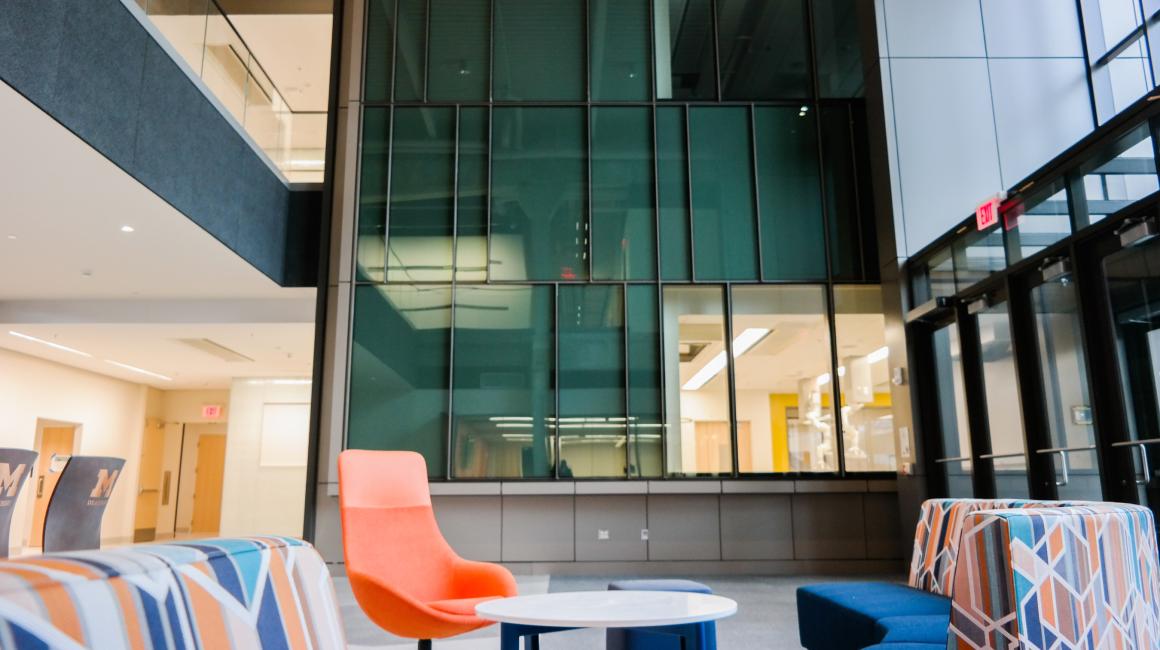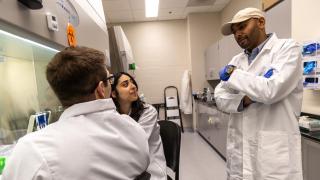
In the 20-plus years Tiffiney Woznak has been working in the recruitment space, she has never seen a labor market quite like this. For the past couple decades, the director of talent management for MAHLE’s North America operations has typically observed managers navigating through dozens, or even hundreds, of applications from qualified candidates when a job is posted. Today, it’s the candidates who have the upper hand. “It’s such a tight labor market. The individuals we are most interested in are getting four, five, six offers at a time,” Woznak says. “There’s no doubt candidates are setting the parameters. You simply can’t just post a job and expect to get hundreds of applicants. Instead, we’re having to source and dig and network and build relationships. That’s how you’re finding the best talent these days.”
The Germany-based global automotive manufacturer searches out talent in a variety of ways. Woznak says the company maintains talent pools of promising individuals and makes an effort to stay in contact with those folks regularly. And they work hard to make MAHLE a satisfying place to work so they can retain great people. Interestingly, they also see philanthropy as a key part of their workforce development strategy. Through the MAHLE Foundation, the company makes charitable investments in all kinds of areas, from drinking water projects and biodynamic agriculture to education. It’s a demonstration of their desire to be a socially responsible company. But Woznak says making the world a more just, more educated place is also essential to their business. “If you don’t devote the time and resources and, yes, money to provide opportunities for young people, then in the future we won’t have anybody who can do what we need to do.”
MAHLE’s relationship with UM-Dearborn is a great case study. The company recently donated $200,000 to the Engineering Lab Building (ELB) construction in support of two labs: the MAHLE impact processes lab and the MAHLE advanced powertrain lab. According to Woznak, investing in these spaces was a great fit for the company for several reasons. For starters, MAHLE does a ton of work in the powertrain area, so having a tight relationship with researchers directly helps them innovate. They can also collaborate with faculty on curriculum, so what students are learning has direct connections to their future jobs — which is one of the fundamental missions behind the new ELB. Most importantly perhaps, it gives MAHLE the opportunity to really get to know, and work alongside, talented students. “The hope, of course, is in building that kind of relationship, they’ll want to come invest in us someday by bringing their talent to MAHLE,” says Woznak.
Investing in UM-Dearborn also makes sense because its engineering grads have a track record of being great employees, Woznak says. A couple things we like to brag about — that our graduates stay local, and our engineering students get a super hands-on education — are things MAHLE notices too. “Students at UM-Dearborn don’t just know the theory, they know how to get their hands dirty,” Woznak says. “And when they have that practical experience, there’s no question they integrate quicker, which is great for them and for us. The dynos in the new combustion lab — those are the same dynos we have at MAHLE. So as students move from the ELB into the workforce, they’ll feel right at home.”
###
This story was originally published in the Fall 2022 issue of Legacy magazine. Story by Lou Blouin.




